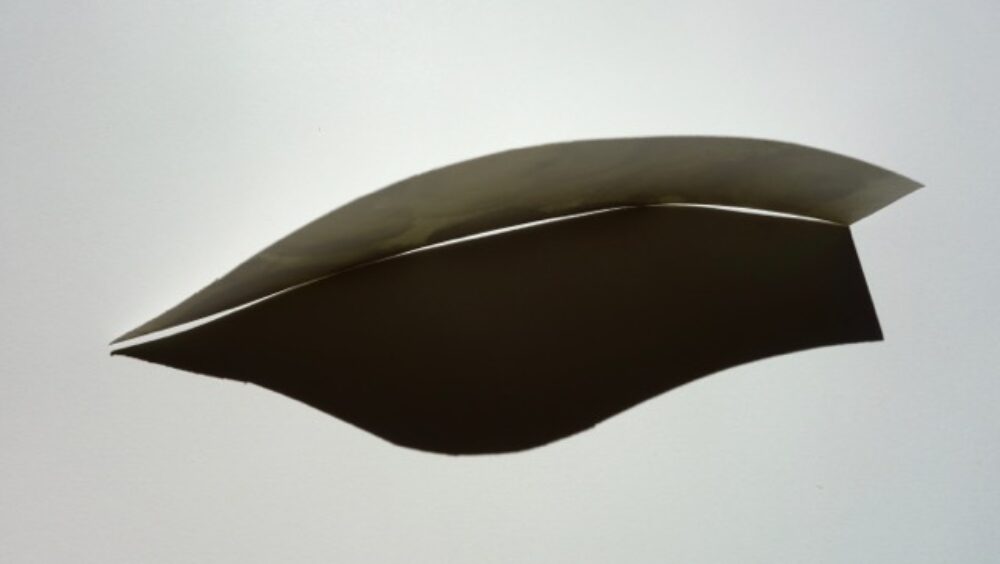I was several blocks from home on my Sunday morning run when I realized that I had left my Fitbit at home. I did not turn around and go get it (though that option crossed my mind). Instead I tried to process the implications of its absence. I began to rumininate on self empiricism, magical thinking and the sands of time.
My friend Steve introduced me to the Fitbit. He is a music producer who works at home sitting at a console. The caveat du jour -“Sitting is the new smoking”- got under his skin and prompted his purchase of a wearable tracking device. He knew he was sedentary but when his Fitbit tallied a daily step total many thousands of steps fewer than recommended by the American Heart Association, he was truly shocked. Our psyche cannot be an objective observer or a reliable interpreter of bodily signals. These are the main reasons to contract with a third party to surveill your sorry ass. (n.b. Unlike Facebook, Fitbit is up front about the the fact that it is all about surveillance.) I am in my 7th decade and I jog in order to help me stay in shape to play squash. I do not love to run. As I pound the pavement, I am not filled with the joy of living and eagerly awaiting the rush of endorphins. When I am running my body/mind is always sending me signals to stop the madness. This is when I use my Fitbit. If my heartrate is above 140, I give myself permission to walk it down. If my heartrate is lower, that means I am simply feeling puny and I can accede to the puniness or push through it. Fitbit lets me calibrate my willpower.
To what end, you ask, do I attempt do direct my feckless will? My father lived most of his life feeling the precarity of an elevated heart rate. I have a resting heart rate that varies between 47 and 53 (according to Fitbit). Though I find this information soothing, I believe that only continued exercise will keep me soothed. I am not a cardiologist or an epidemiologist so I have no technical knowledge about any of this. My calculation is simple: the fewer beats per minute, the longer I will last. Magical thinking. I could die of a thousand different causes tomorrow, but today I get to feel like I have some agency in the determination of my life span.
Finally, there is the question of how we verify that a tree has fallen in the woods. My self and my self-conscious self have invited a third party to bear witness to our life. There is now an Other with awareness of my activity; interpreting my bodily signals, comparing them ceaselessly to abstract, objective standards and, finally, archiving them in the Cloud . When that witness is not in its usual observatory, I am no longer counted. I no longer count. There will be no record of my Sunday morning run in the digital Library of Alexandria. My version of Ratso Rizzo- “Hey, I was runnin’here!”- goes unobserved and unremarked. This Sunday’s run will not be immortalized.
Why, then, do it?
